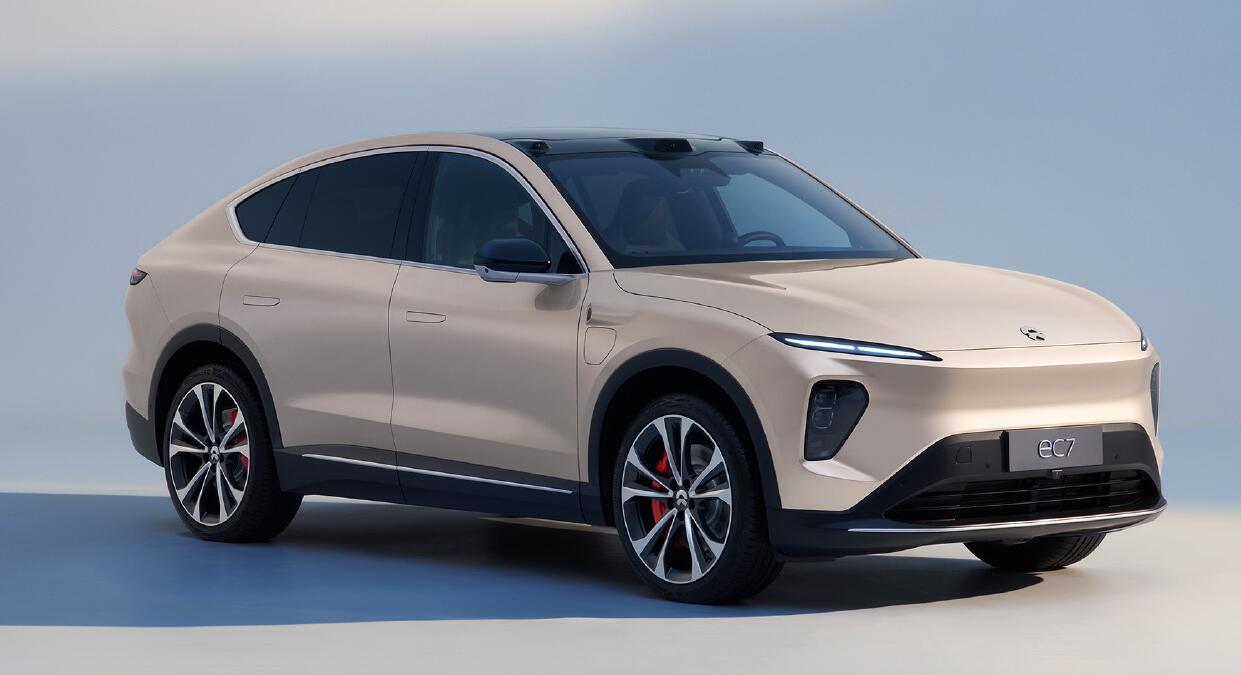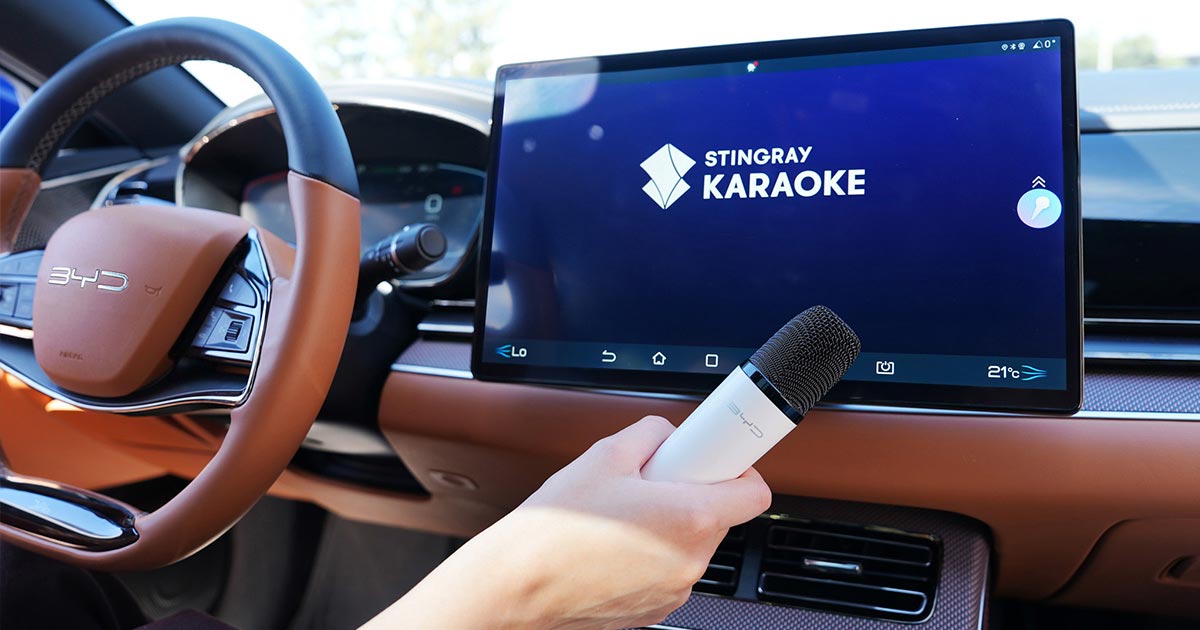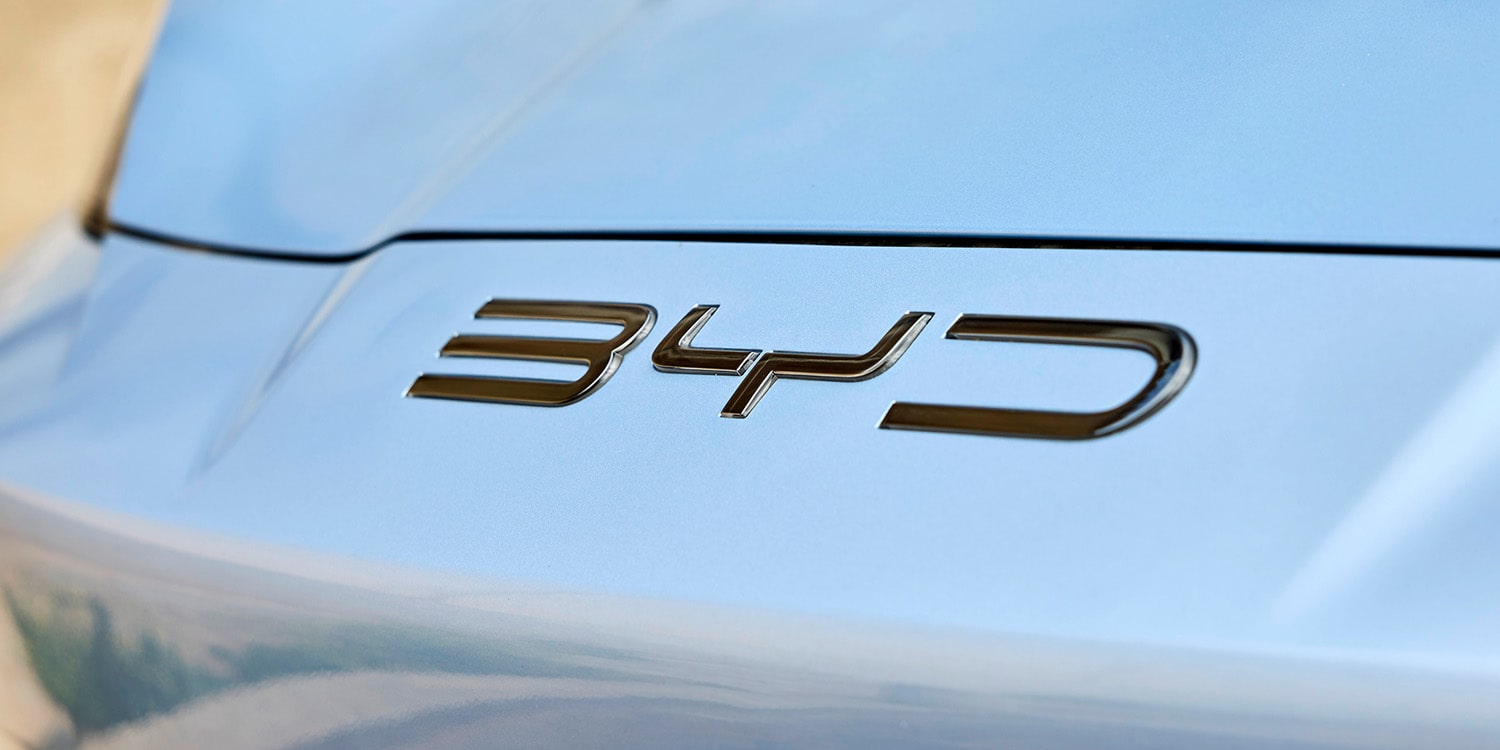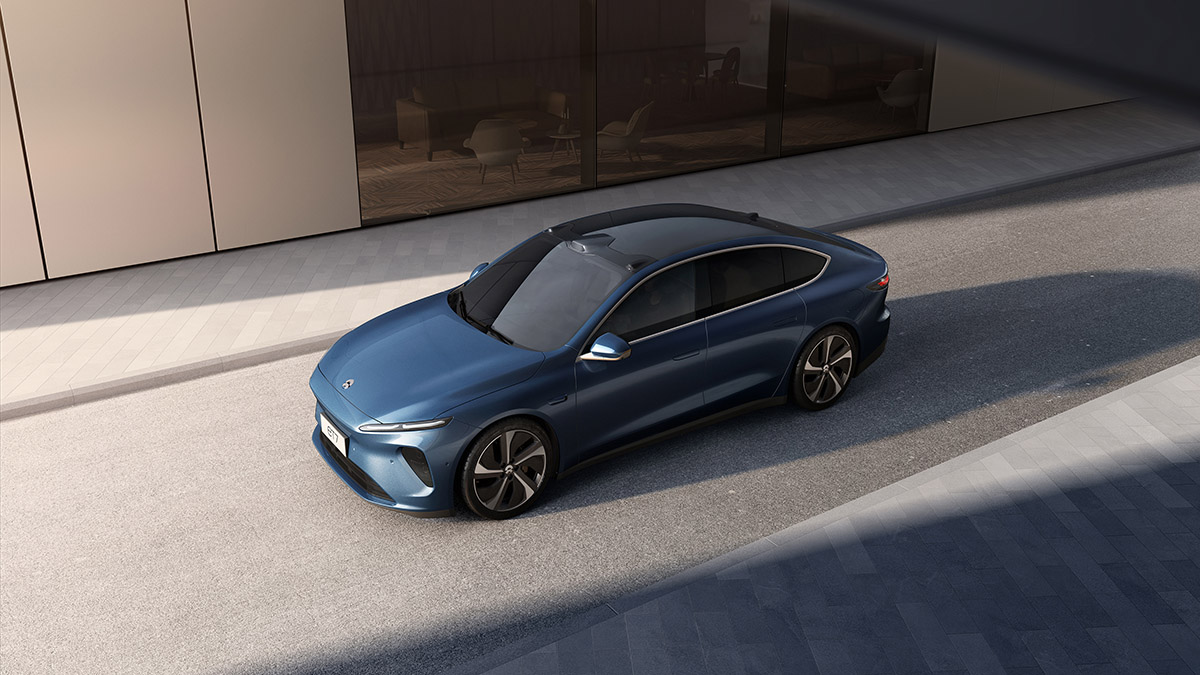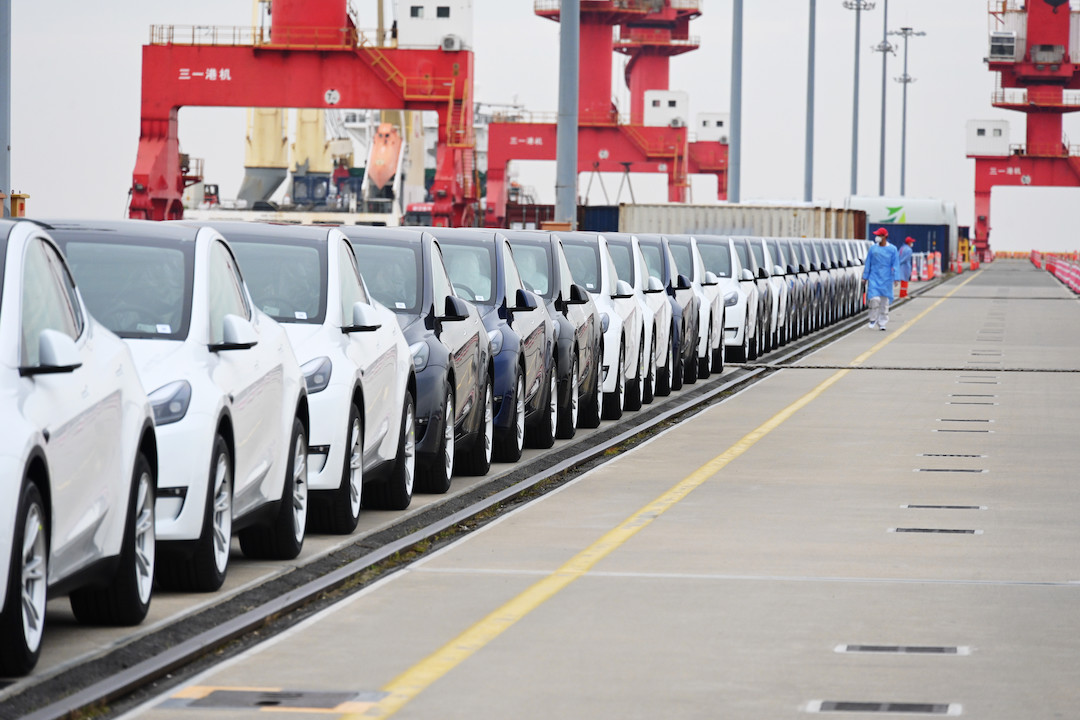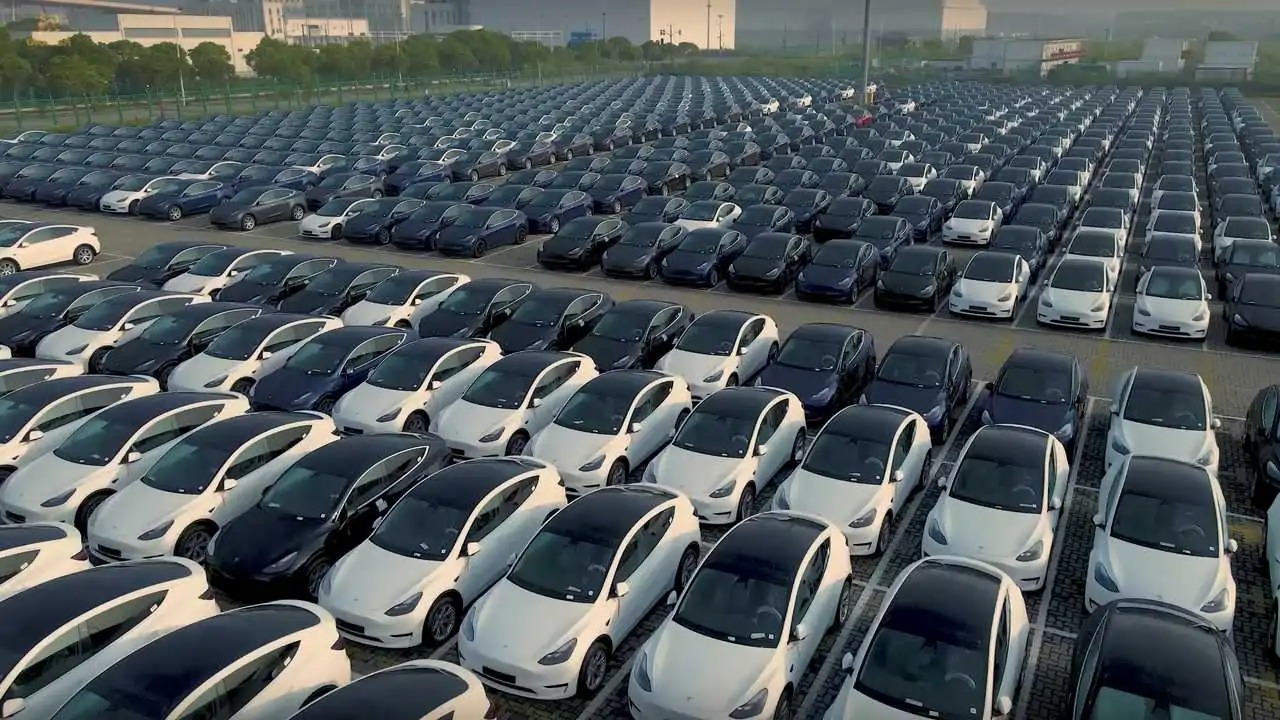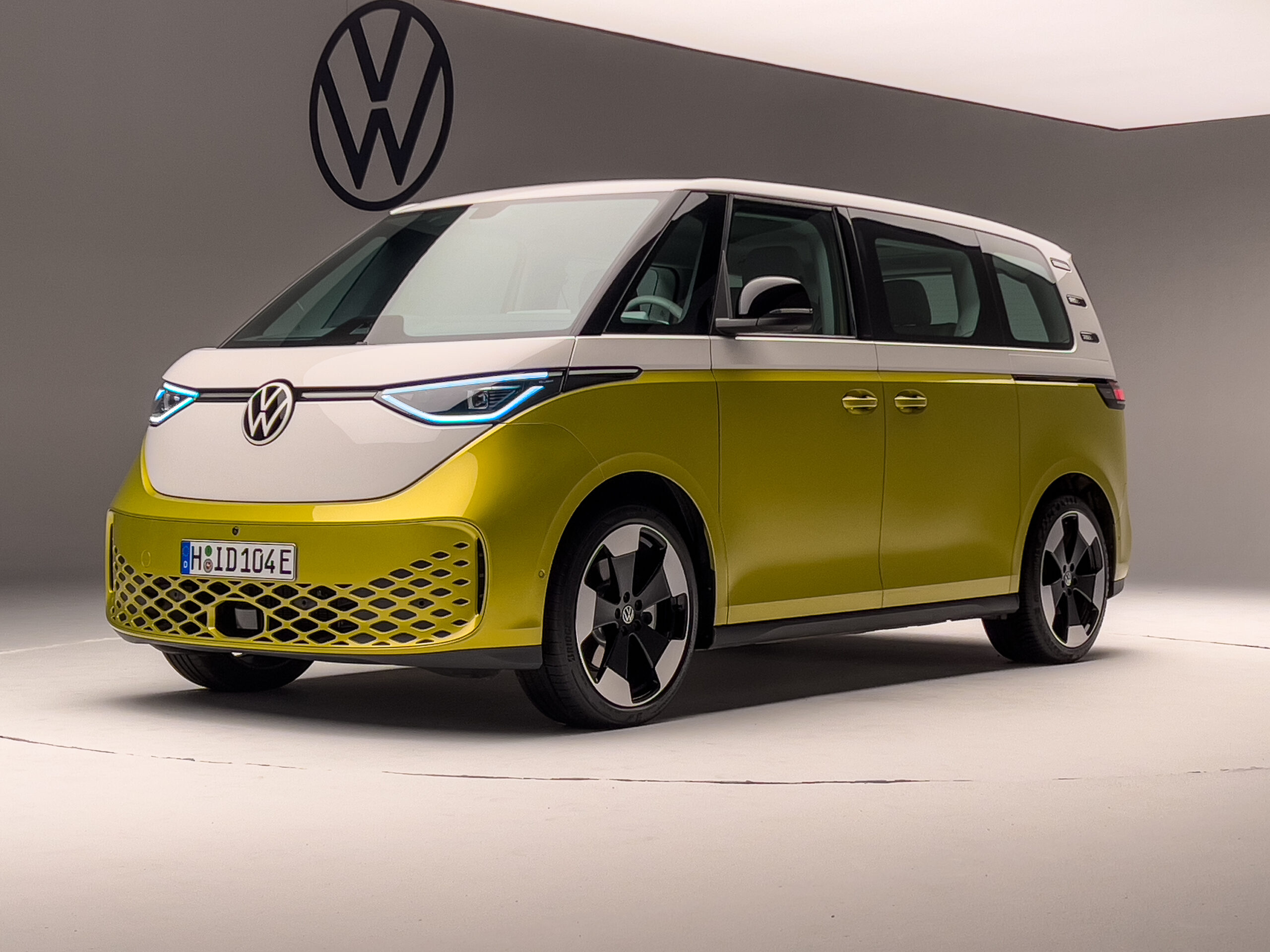In a recent surge, Chinese electric vehicle (EV) manufacturers are celebrating robust sales in their home market, with BYD, Li Auto, Nio, and Xpeng leading the charge.
BYD, as disclosed in its report to the Shenzhen Stock Exchange, achieved a remarkable milestone by delivering 262,105 plug-in hybrid and battery-electric vehicles in July. This figure represents a 3.6% increase from the previous month and marks the third consecutive month of record-breaking sales for the company. However, specific details regarding the distribution of sales between plug-in hybrid electric vehicles (PHEVs) and battery-electric vehicles (BEVs) were not provided.
Not to be outdone, Li Auto also experienced a surge in demand, delivering 34,134 vehicles to customers last month, surpassing its previous record of 32,575 units in June. Similarly, Nio witnessed significant growth, delivering 20,462 vehicles in July, a substantial rise from the 15,815 units it sold in December, which had previously been its most successful month.
Xpeng also witnessed a considerable uptick in sales, delivering 11,008 units in July, indicating a 27.7% increase from the previous month.
The surge in sales comes on the heels of dramatic price cuts implemented earlier this year for many EV models in China. Initially, these reductions did not yield significant impacts on sales, as potential buyers were anticipating further price adjustments. However, starting in mid-May, those holding out for additional cuts started entering the market, leading to the current surge in sales, according to Citic Securities.
Eric Han, senior manager at Suolei advisory firm, emphasized that Chinese consumers who had adopted a cautious “wait-and-see” approach during the first half of the year have now made their purchasing decisions. In response, carmakers like Nio and Xpeng are ramping up production efforts to fulfill the rising demand for their vehicles.
The Chinese government has also played a pivotal role in stimulating demand by confirming an extension of the 10% purchase tax exemption for new EV buyers until 2025. Originally set to end in 2023, this tax exemption extension further incentivizes potential buyers to invest in electric vehicles.
As the EV market in China continues to thrive, industry analysts are keeping a close eye on these prominent automakers as they strive to capitalize on the increasing demand while embracing new opportunities in the rapidly evolving electric vehicle landscape.

